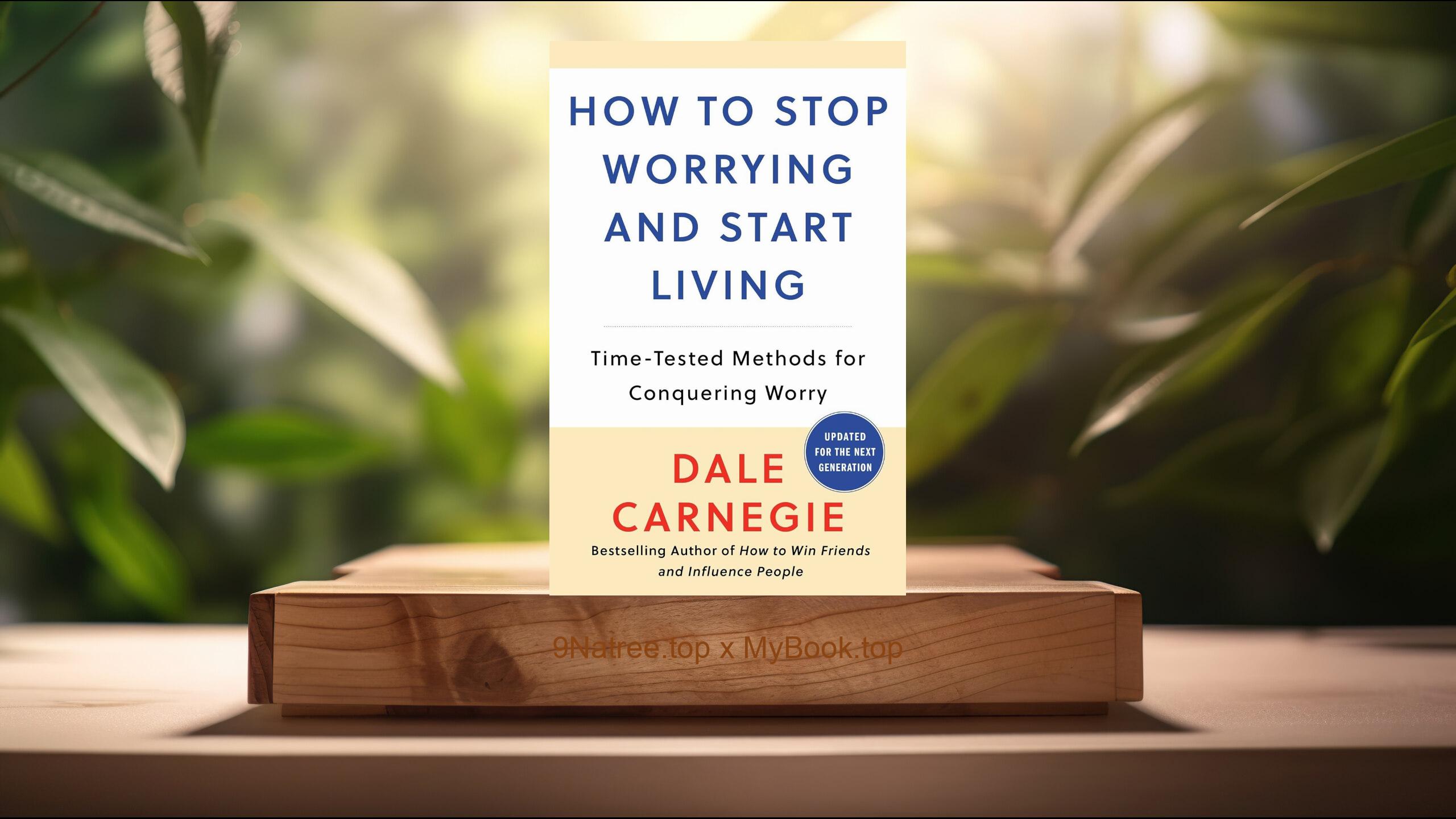Show Notes
- Amazon US Store: https://www.amazon.com/dp/B005110B84?tag=9natree-20
- Amazon Worldwide Store: https://global.buys.trade/The-One-Week-Budget-The-Budgetnista-Tiffany-Aliche.html
- Apple Books: https://books.apple.com/us/audiobook/the-one-week-budget-learn-to-create-your-money/id1533193311?itsct=books_box_link&itscg=30200&ls=1&at=1001l3bAw&ct=9natree
- eBay: https://www.ebay.com/sch/i.html?_nkw=The+One+Week+Budget+The+Budgetnista+Tiffany+Aliche+&mkcid=1&mkrid=711-53200-19255-0&siteid=0&campid=5339060787&customid=9natree&toolid=10001&mkevt=1
- Read more: https://mybook.top/read/B005110B84/
#FinancialLiteracy #Budgeting #MoneyManagement #DebtReduction #SavingsStrategy #EmergencyFund #TiffanyAliche #TheOneWeekBudget
These are takeaways from this book.
Firstly, Understanding Your Current Financial Situation, One of the critical topics that Tiffany Aliche emphasizes in 'The One Week Budget' is the importance of fully understanding your current financial situation. This means having a clear, realistic picture of how much money is coming in, how much is going out, and where it is going. Aliche guides readers through the process of gathering all financial statements, tracking expenses, and categorizing spending. This foundation is crucial for setting realistic goals and identifying areas where adjustments are needed. It encourages readers to confront their financial reality, no matter how daunting it may seem, as the first step towards gaining control over their finances.
Secondly, Creating a Personalized Budgeting Plan, In 'The One Week Budget,' Tiffany Aliche outlines a step-by-step approach to creating a personalized budgeting plan that fits the reader's life. This involves understanding the difference between fixed and variable expenses, prioritizing spending based on personal values, and setting short and long-term financial goals. Aliche's approach is unique because it's not about restriction but about making informed choices that lead to financial empowerment. She provides tools and templates to make the budgeting process easier and stresses the importance of flexibility and adjustment as financial situations change.
Thirdly, Saving and Emergency Fund, A fundamental aspect covered by Tiffany Aliche in 'The One Week Budget' is the significance of saving and having an emergency fund. Aliche compellingly argues for the necessity of savings not as an optional luxury but as a crucial element of financial stability. She offers practical advice on how to categorize savings goals, calculate the appropriate size of an emergency fund, and incorporate saving into the budget. Her strategies include automating savings to ensure consistency, starting small to build the habit, and gradually increasing the amount saved as financial health improves. Aliche’s method demystifies the saving process, making it approachable and achievable.
Fourthly, Debt Management and Reduction, Another vital topic Tiffany Aliche tackles in ‘The One Week Budget’ is managing and reducing debt. She addresses the stress and anxiety associated with debt and provides a clear, actionable plan for tackling it head-on. Aliche emphasizes the 'Snowball Method' — focusing on paying off smaller debts first to gain momentum before tackling larger ones. She also discusses how to negotiate with creditors, understand the impact of interest rates, and differentiate between 'good' and 'bad' debt. Her guidance includes creating a debt repayment plan that is realistic and does not compromise the individual’s ability to save.
Lastly, Monitoring Progress and Adjusting the Budget, The final crucial topic that 'The One Week Budget' covers is the ongoing process of monitoring progress and adjusting the budget as needed. Tiffany Aliche understands that financial circumstances evolve and that the initial budgeting plan is not a one-size-fits-all solution. She encourages regular check-ins to assess financial growth and identifies potential areas for improvement. Aliche teaches readers how to celebrate financial victories, no matter how small, and how to use setbacks as learning opportunities rather than reasons for discouragement. This topic underscores the idea that budgeting is a dynamic process that requires flexibility, resilience, and commitment.
![[Review] The One Week Budget (The Budgetnista Tiffany Aliche) Summarized](https://episodes.castos.com/660078c6833215-59505987/images/1891632/c1a-085k3-mk1rrkn4c3xv-vxhemc.jpg)




